Here are 6 quality signs to check for before purchasing CBD vape juice…
The CBD industry has exploded over the past several years, with vape juices quickly becoming one of the most popular delivery methods. However, with the lack of stringent regulations, cutting corners and poor quality control is rampant. As a consumer, it’s crucial to know how to evaluate the quality and purity of CBD Vape Juice before making a purchase.
But with so many brands claiming to offer premium, high-quality products, how can you tell what’s legit? In this guide, I’ll break down the top 6 signs to look out for that indicate whether or not a vape juice lives up to its quality promises.
By paying attention to these critical factors, you can feel confident that the juice you’re vaping contains only the cleanest, most beneficial ingredients and won’t compromise your health or leave you disappointed with unwanted effects. For more information.
Table of Contents
Here Are The Quality Signs To Check For Before Purchasing CBD Vape Juice
1. Third-party lab testing results
When searching for CBD vape juice, there are various factors one should consider before making a purchase. One quality sign to check before deciding is the lab testing results. Third-party lab testing is essential because it provides an unbiased analysis of the product’s ingredients and purity. Lab testing can confirm THC levels and ensure that there are no unwanted contaminants or harmful chemicals present in the vape juice.
These results should be easily accessible on the brand’s website. The last thing you want is to vape with unknown ingredients that may have a negative impact on your health. By checking for third-party lab testing results, you can make an informed decision and feel confident purchasing a high-quality, safe vape juice product.
2. Clear ingredient list
If you’re considering CBD vape juice, there are several factors to keep in mind to ensure that you’re purchasing a quality product. A clear ingredient list is one of the most important aspects to look for. A quality vape juice should have a transparent list of ingredients that are easy to understand and contain no hidden additives.
By having a clear ingredient list, consumers can be reassured that their vape juice is made with high-quality, natural ingredients and free from harmful chemicals. Additionally, a clear ingredient list can provide information on the vape juice’s potency, allowing consumers to select the right product for their needs. With so many options on the market, a clear ingredient list can help you make an informed decision and ensure you’re getting the best vape juice.
3. No artificial additives or flavors
When purchasing CBD vape juice, there are a few key factors to ensure you’re getting a quality product. One of these factors is the absence of any artificial additives or flavors. CBD vape juice containing artificial additives or flavors may be less healthy and less effective than products made with only natural ingredients.
By choosing a product free from artificial ingredients, you can be sure that you are getting a pure and potent product that will provide you with the benefits you are looking for. Checking for the absence of artificial additives and flavors is a wise choice for anyone looking to incorporate CBD vape juice into their lifestyle.
4. Proper CBD concentration levels
When considering purchasing CBD vape juice, it is essential to ensure that the product has a high enough concentration of CBD to achieve the desired effects. The CBD concentration level is measured in milligrams per milliliter and can range from as low as 25 mg/mL to as high as 1000 mg/mL.
It is essential to note that a higher concentration does not necessarily equate to a better product, as individual tolerance and desired effects may vary. However, a proper CBD concentration level ensures the user receives an appropriate amount without wasting the product. Before purchasing CBD vape juice, checking the concentration level can help ensure a high-quality and effective product.
5. Safe and high-quality extraction methods
CBD vape juice has become increasingly popular in recent years due to its potential health benefits and ease of use. However, with so many products available, knowing what to look for before making a purchase is essential.
One quality sign to check before buying CBD vape juice is the method of extraction. Safe and high-quality extraction methods ensure the product is free from harmful impurities and chemicals, making it safer to consume.
Various extraction techniques are used, but the most commonly recommended methods are CO2 extraction and ethanol extraction. These methods produce a clean and pure product, ensuring you get CBD’s full benefits without any unwanted additives. Always check the label or the manufacturer’s website for information on the extraction method used to ensure you get a high-quality product.
6. Reputation of the company and brand
When selecting CBD vape juice, there are several factors to consider. One vital sign to consider is the company and brand’s reputation. A high-quality and reputable brand has a reputation for being trusted and dependable regarding product quality and customer service. Before purchasing, you should research by reading reviews and checking out the company’s website.
Look for any certifications or awards the brand has earned, which can also indicate their dedication to quality and transparency. A good reputation typically indicates that the brand has established itself in the industry and has gained the trust of its customers. Choosing a reputable brand can give you peace of mind and ensure you get the best and safest product possible.
Wrapping Up
When considering purchasing CBD vape juice, it is essential to consider these six quality signs: reputable sourcing, third-party lab testing results, clear and accurate labeling, proper extraction methods, absence of harmful additives or chemicals, and affordable pricing. These factors can help ensure that you get a high-quality product that is safe, and effective product for your needs.
As with any supplement, always research and consult a healthcare professional before incorporating it into your routine. By staying informed and educated about CBD products, you can make the best decision for yourself and experience the potential benefits of this natural compound.
INTERESTING POSTS
- Anxiety Relief in Every Puff – CBD Vape Juice Benefits
- 8 Tips for First-Time CBD Users: Dosage, Formats, and More
- How To Dose Your CBD Capsules & Where To Buy Them
- How CBD Oil Helped Me After Adopting a Dog With Separation Anxiety
- The Best ISP Proxies [Tested, Reviewed & Ranked]
- 11 Thrifty Reasons Why Mobile Automation Testing Is Needed
- What Makes A THC Pen Better Than Traditional Smoking?
- AI Web Scraping: The Ultimate 2025 Guide To Intelligent Data Extraction At Scale











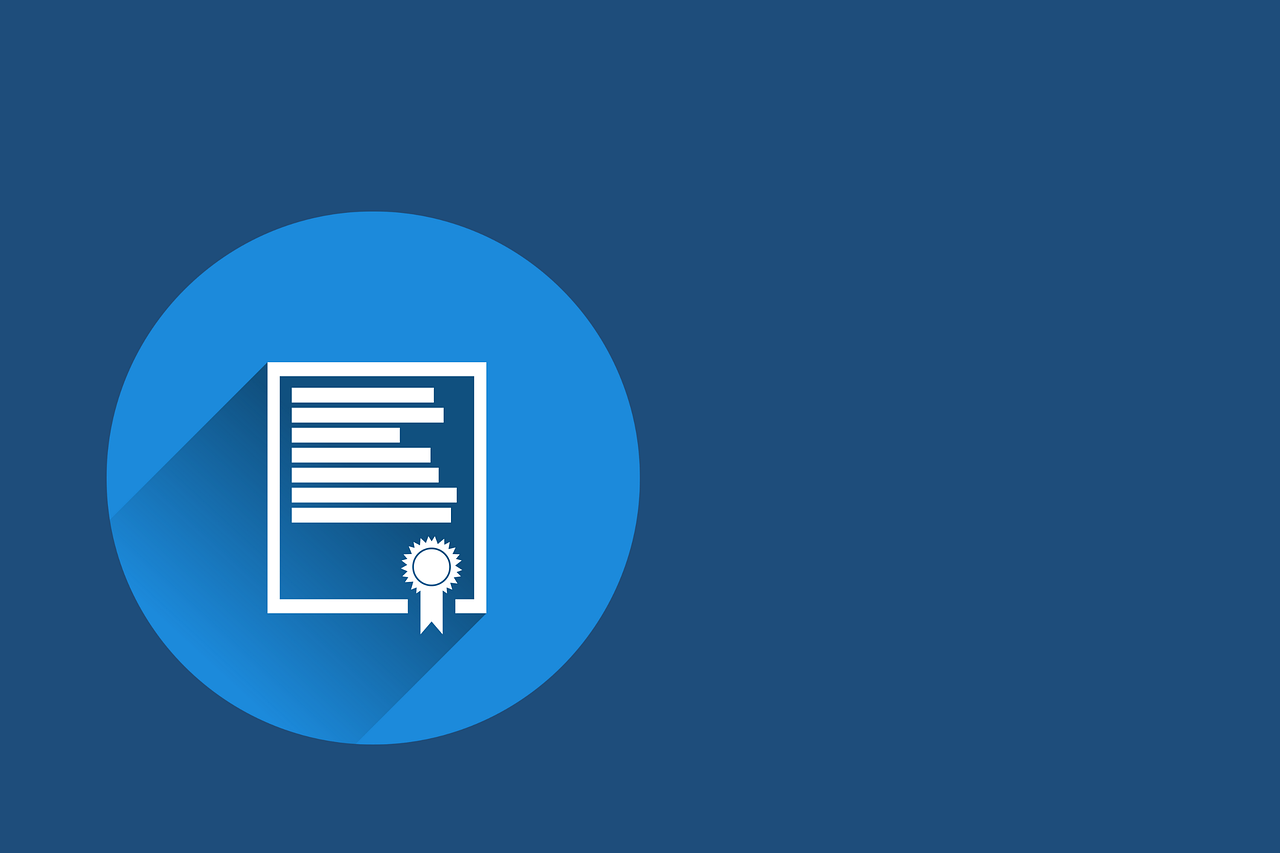
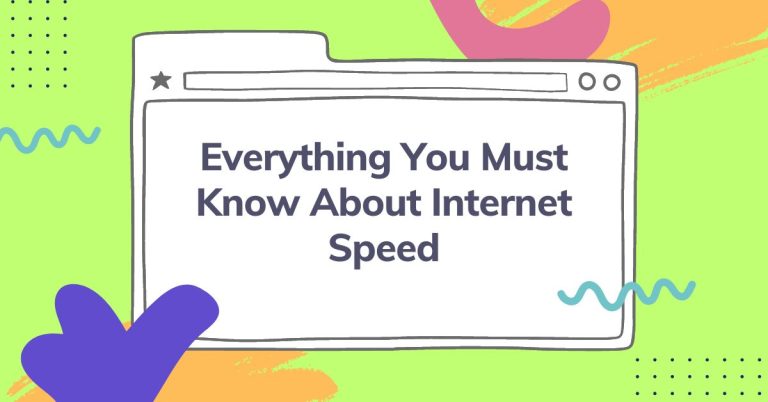

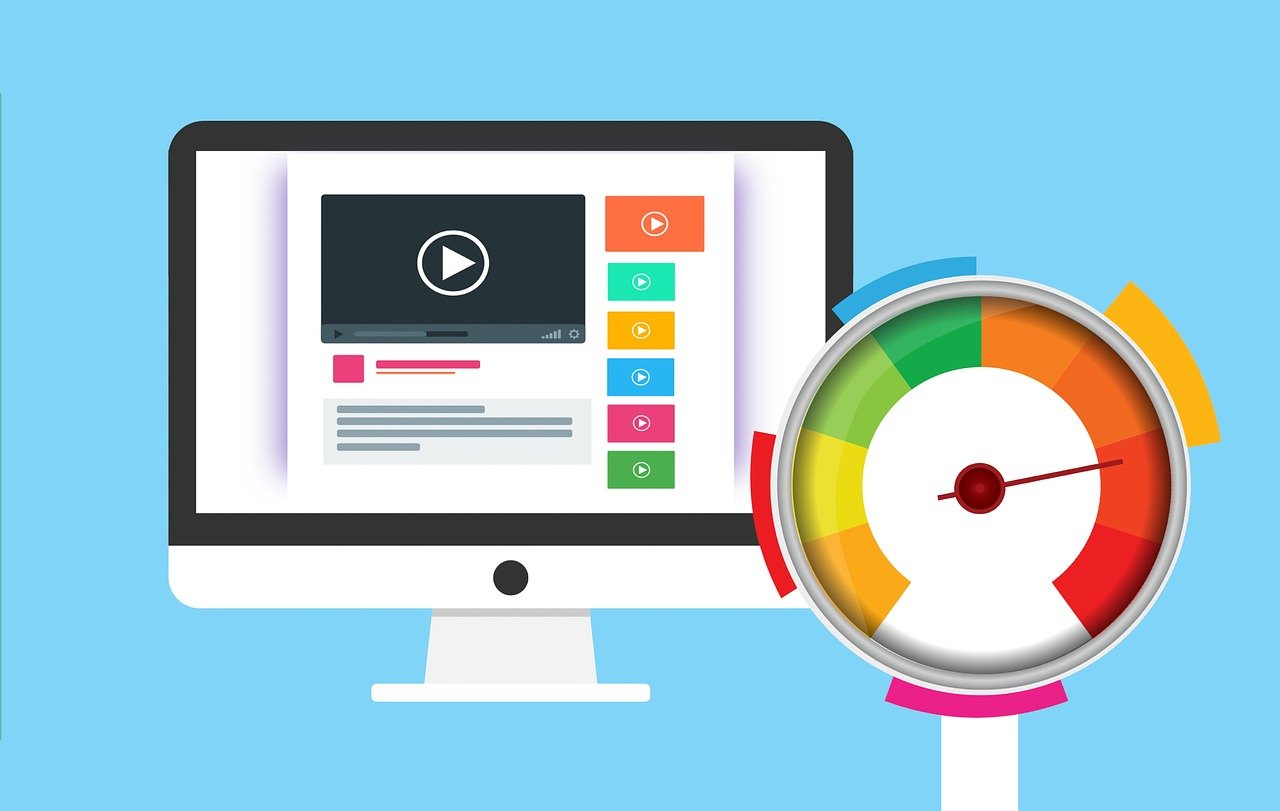

![12 Companies For Outsourcing Web Development [MUST READ] 12 Companies For Outsourcing Web Development [MUST READ]](https://secureblitz.com/wp-content/uploads/2021/09/12-Companies-For-Outsourcing-Web-Development-MUST-READ-768x402.png)






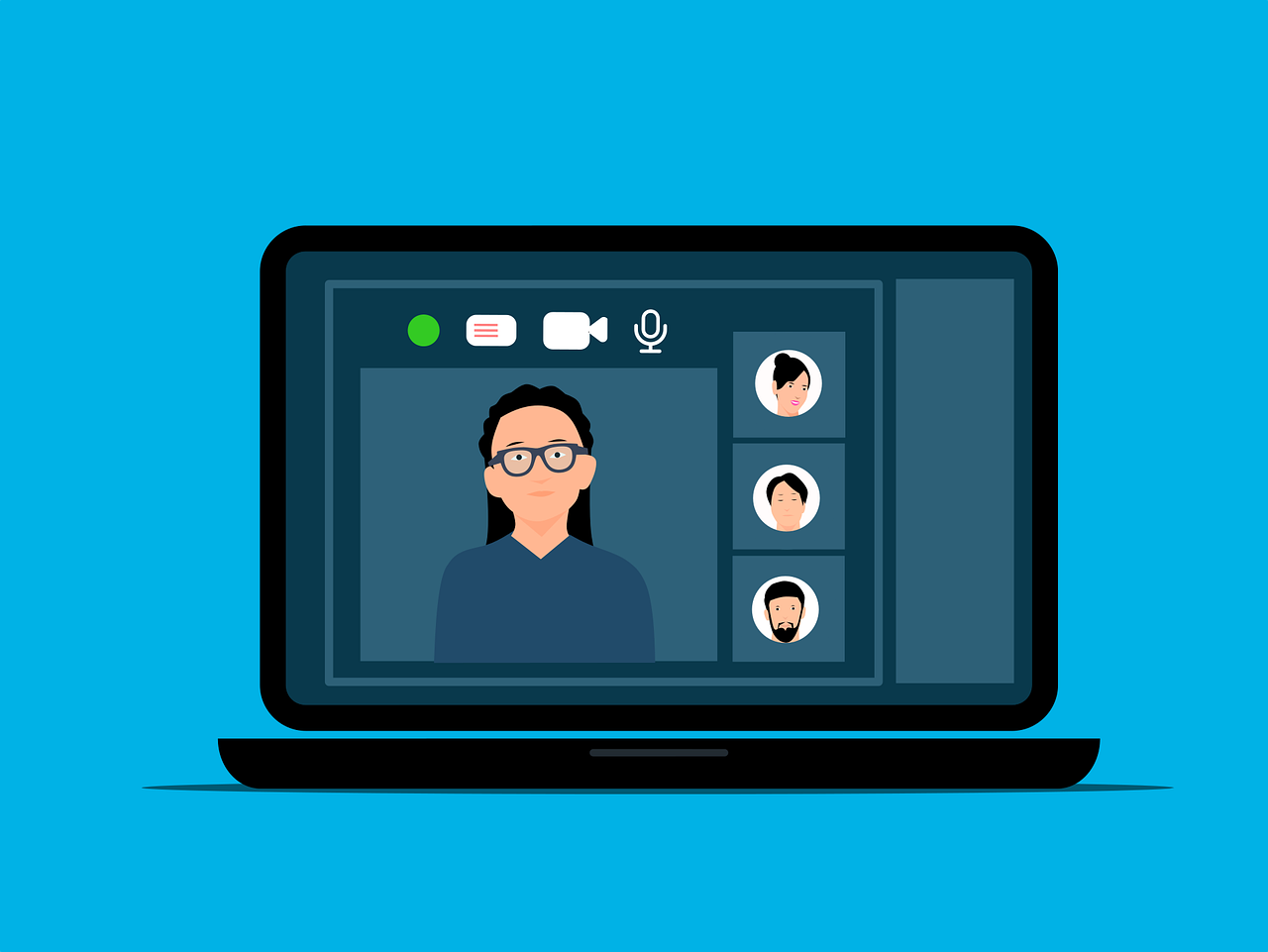
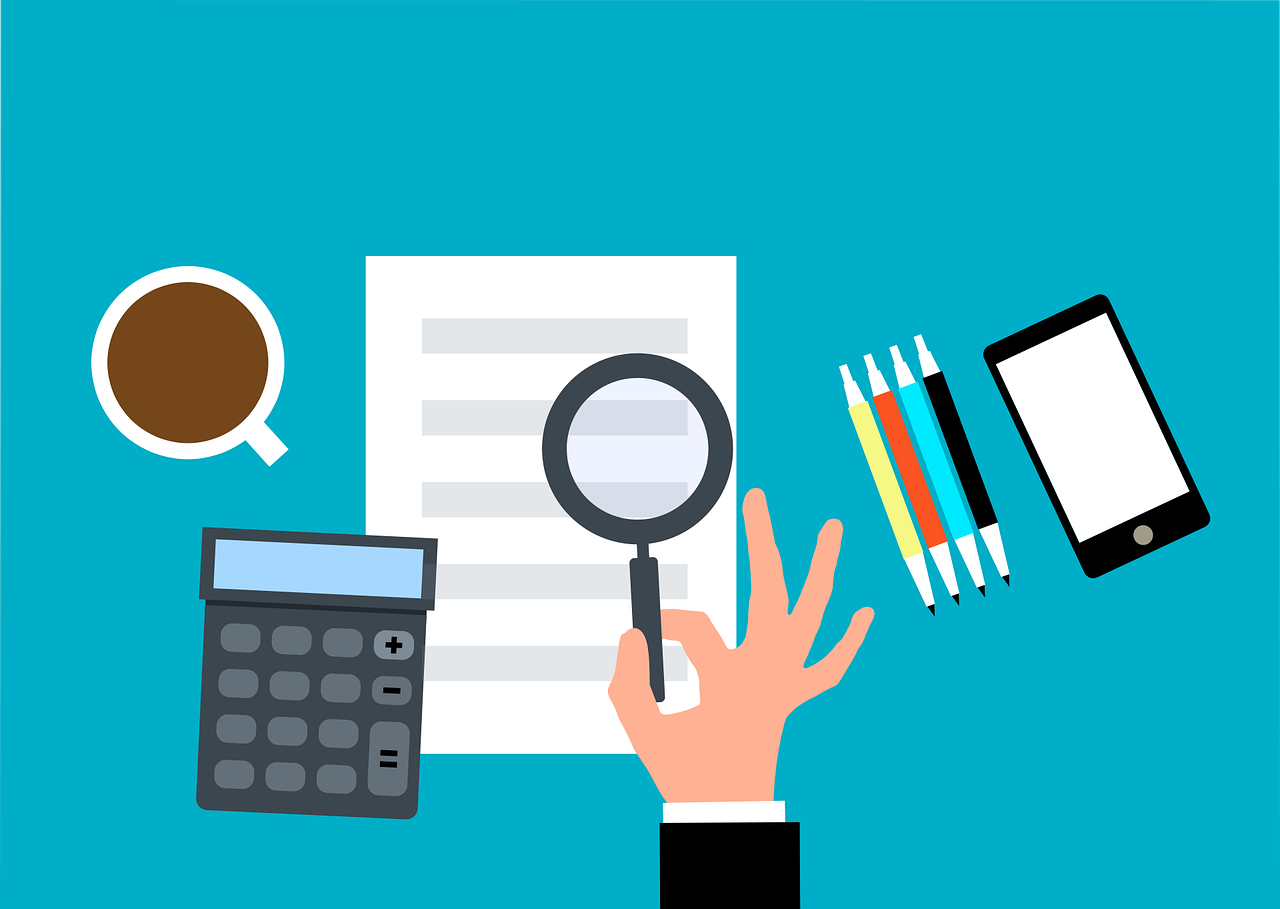

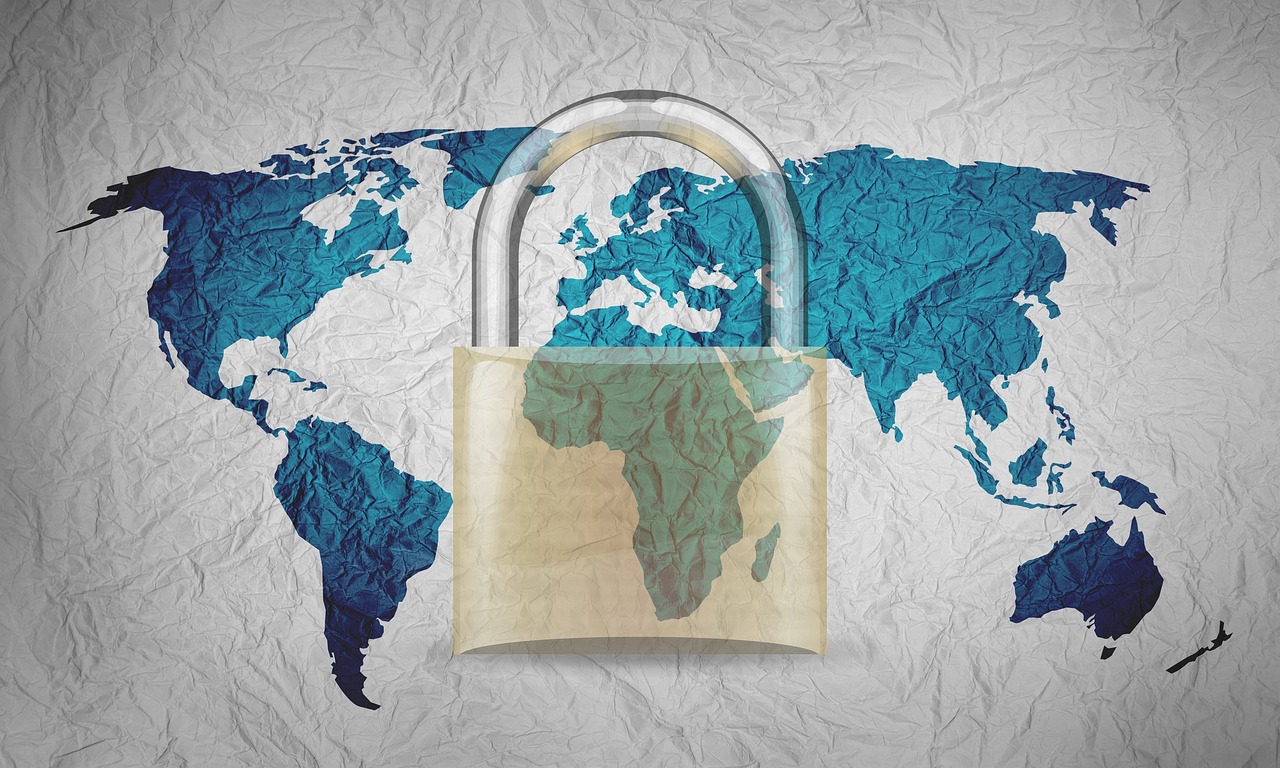




![10 Home Security Tips You Need To Implement Now [Must Read] 10 Home Security Tips You Need To Implement Now [Must Read]](https://secureblitz.com/wp-content/uploads/2019/11/10-Home-Security-Tips-You-Need-To-Implement-Now-Must-Read-768x402.png)
 A Home Security System is a set of interconnected security devices and applications to prevent house invasion or burglary. Components of a sound home security system include motion detectors, alarm systems, lighting controllers, surveillance cameras, door and window sensors, glass-break detectors, etc.
A Home Security System is a set of interconnected security devices and applications to prevent house invasion or burglary. Components of a sound home security system include motion detectors, alarm systems, lighting controllers, surveillance cameras, door and window sensors, glass-break detectors, etc.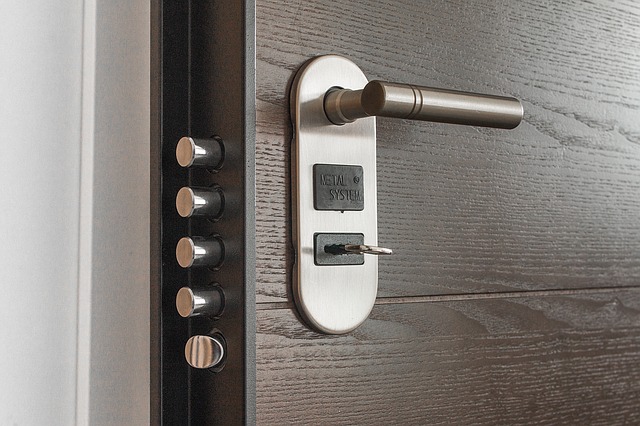 Traditional doors are no longer effective against the prevalence of sophisticated burglars nowadays. It has been observed that
Traditional doors are no longer effective against the prevalence of sophisticated burglars nowadays. It has been observed that 